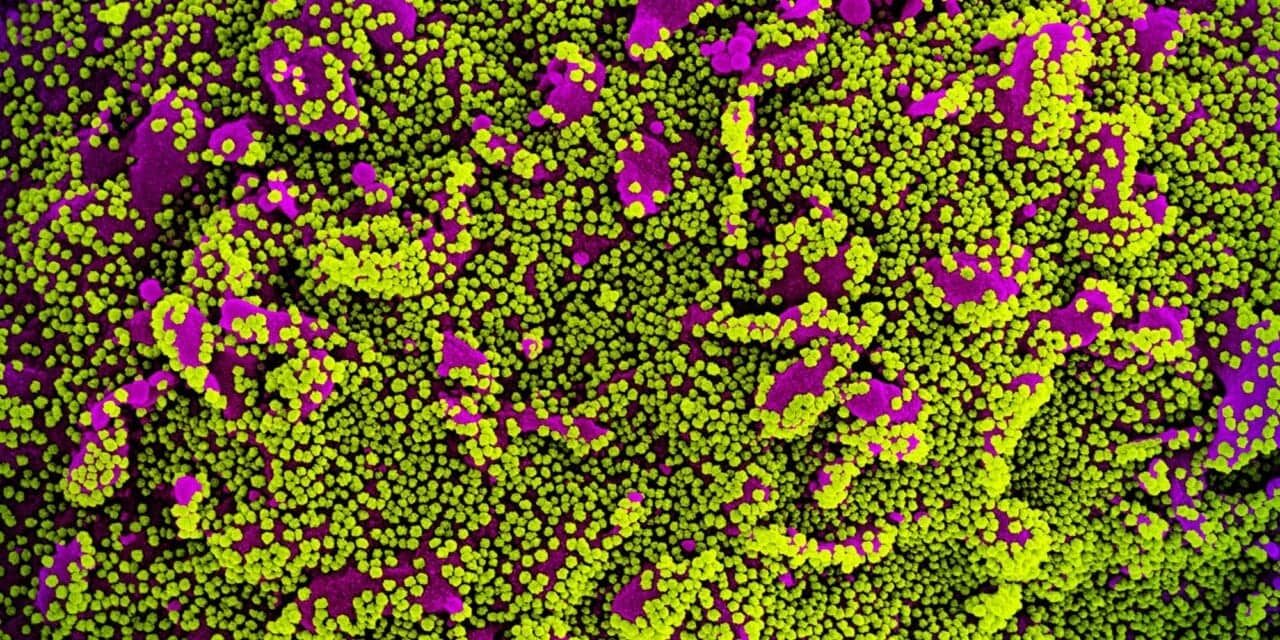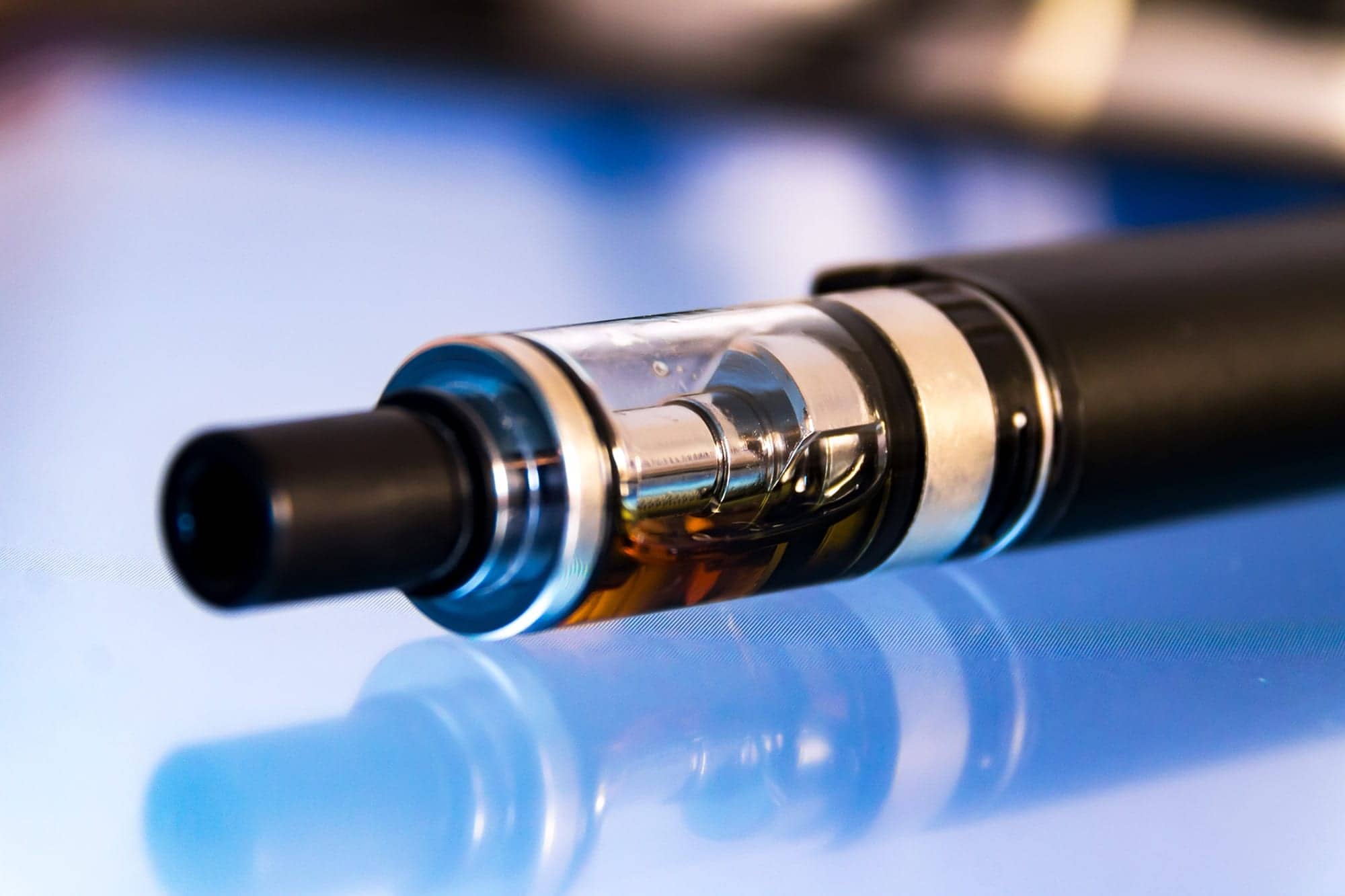Regeneron Pharma released positive results from a Phase 3 trial of its monoclonal antibody treatment Regen-Cov (casirivimab and imdevimab) that found adding the therapy to usual care reduced the risk of death by 20% in seronegative patients who had not mounted a natural antibody response on their own against SARS-CoV-2.
The Phase 3 RECOVERY trial is the first large enough to definitively determine whether the therapy reduces mortality in patients hospitalized with severe COVID-19. Previous Phase 3 trials in non-hospitalized COVID-19 patients have shown that Regen-Cov reduced viral levels, shortened the time to resolution of symptoms and significantly reduced the risk of hospitalization or death. In a Phase 1/2 trial in hospitalized patients, Regen-Cov also rapidly reduced viral levels, with preliminary evidence suggesting that it lowered the risk of death or receiving mechanical ventilation, with the benefit driven by patients who entered the trial without having mounted a natural antibody response of their own (seronegative); and in the absence of Regen-Cov treatment, seronegative patients had higher mortality rates than patients who had already mounted their own immune response (seropositive).
Based on the above Phase 1/2 data, the independently-run RECOVERY trial prospectively focused on seronegative patients. Similar to the prior trial, patients in RECOVERY who received usual care alone had double the mortality rate at day 28 if they were seronegative (30%) compared to seropositive (15%); approximately one-third of hospitalized patients were seronegative (n=3,153), one-half were seropositive (n=5,272) and one-sixth had unknown serostatus (n=1,360). The mean age of patients for this comparison was 62 years, and more than 90% received corticosteroids across all groups.
The primary outcome of RECOVERY showed that adding Regen-Cov 8,000 mg to usual care reduced all-cause mortality by 20% in seronegative patients (primary analysis population), compared to usual care alone (24% of patients in the Regen-Cov group died versus 30% in the usual care group by day 28; rate ratio [RR]: 0.80; 95% confidence interval [CI]: 0.70-0.91; p=0.001). When combining the larger seropositive group (as well as those with unknown status) with the seronegative patients, there was no longer a significant effect on 28-day mortality (overall 20% of patients in the Regen-Cov group died, versus 21% in the usual care group; RR: 0.96; 95% CI: 0.86-1.03; p=0.17).
“Definitive Phase 3 trials have now demonstrated that Regen-Cov can alter the course of COVID-19 infection from prevention, to very early infection, all the way through to when patients are on a ventilator in the hospital,” said George D. Yancopoulos, MD, PhD, President and Chief Scientific Officer at Regeneron. “We are incredibly grateful to the RECOVERY team, participating investigators and patients for conducting this in-depth analysis, and hope that the results mean that even more patients may soon be able to benefit from this life-saving medicine. We intend to rapidly discuss these results with regulatory authorities, including in the U.S. where we will ask for our EUA to be expanded to include appropriate hospitalized patients.”
Among seronegative patients in the RECOVERY trial, the median duration of hospital stay was 4 days shorter in the Regen-Cov group (13 days versus 17 days), and the proportion of patients discharged alive by day 28 was greater (64% versus 58%; RR: 1.19; 95% CI: 1.08-1.30). Among the seronegative patients not on invasive mechanical ventilation at baseline, the risk of progressing to the composite endpoint of invasive mechanical ventilation or death was lower among the REGEN-COV group than the usual care group (30% versus 37%; RR: 0.83; 95% CI: 0.75-0.92). No such benefits were seen in the overall trial population (combining patients with negative, positive, or unknown serostatus).
“These results are very exciting. The hope was that by giving a combination of antibodies targeting the SARS-CoV-2 virus we would be able to reduce the worst manifestations of COVID-19,” said Sir Peter Horby, Professor of Emerging Infectious Diseases in the Nuffield Department of Medicine, University of Oxford, and Joint Chief Investigator for the RECOVERY trial. “There was, however, great uncertainty about the value of antiviral therapies in late-stage COVID-19 disease. It is wonderful to learn that even in advanced COVID-19 disease, targeting the virus can reduce mortality in patients who have failed to mount an antibody response of their own.”










